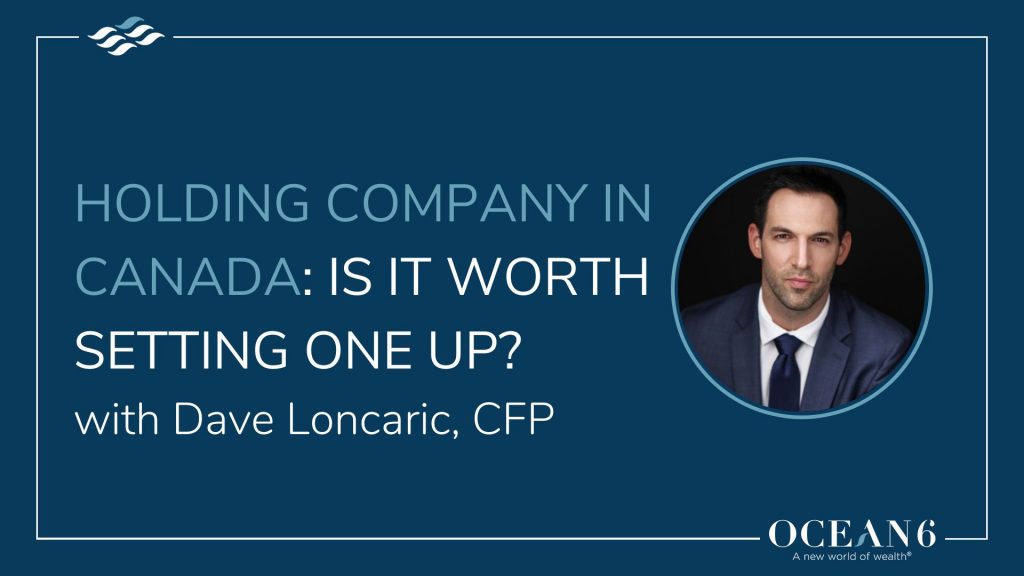The Canada Emergency Business Account (CEBA) was a program to help small businesses pay for expenses and survive uncertain times, but what shouldn’t remain uncertain are the repayment options.
When to Repay Your CEBA Loan
The CEBA program initially introduced a $40,000 loan but later offered a $20,000 expansion for those eligible, making the maximum borrowed amount $60,000.
CEBA is interest-free until January 18, 2024 (extended from the previous deadline of December 31, 2023) for eligible CEBA loan holders in good standing. By repaying your loan before the deadline, you may receive a loan forgiveness of up to $20,000.
Now that January is approaching, it’s time to consider the repayment options and decide which one will be best for you.
CEBA Repayment Options
If you pay by January 18, 2024, you’ll be eligible for the full forgiveness program, which covers 25% of your loan.
- If you borrowed $40,000 — repaying $30,000 by January 18, 2024 will result in a forgiveness of $10,000.
- If you borrow $60,000 — repaying $40,000 by January 18, 2024 will result in a forgiveness of $20,000.
However, if you don’t have the funds for repayment by January 18, 2024, your loan will convert to a loan with a 5% interest rate with full principal repayment due December 31, 2026. The frequency of interest payments will vary depending on your financial institution.
The forgiveness program is extremely beneficial for Canadian business owners. The best move would be to take advantage of it by repaying your loan by January 18, 2024.
Here are a few ways you can put together funds for when January rolls around.
Use the cash inside your company
The first and most obvious way is to use the cash sitting in your corporate chequing or savings account. If money is tight, you’ll want to see whether you can rely on any funds inside your holding company that you’ve invested within the last two years.
(Looking for ways to invest extra cash in your corporation after you’ve paid off your CEBA? Here are four strategic ways)
Whether you’re at a gain or loss, liquidating investments out of your holding company would generate a better return than leaving the money invested and not paying off the loan.
Capital losses generate a tax offset for future gains, so it’s better to take the capital losses rather than not paying off the loan.
With capital gains, although it’ll create more taxes for your business, you’ll get a CDA credit, allowing you to take out tax-free income from your corporation.
Alternatives CEBA repayment options if you don’t have cash available in your holding company
- Take funds from your personal accounts or investments like your TFSA or non-registered account to put back into your business to pay off this loan. The money you put back into your corporation will be considered taxable revenue. However, if you have a shareholder loan balance that you owe your corporation, you can use that to put money back into your corporation and pay off CEBA. This way, the money will not be taxed because a shareholder loan repayment is not taxable.
- Get a line of credit that is less than 17% interest per year for the next five years, or use the line of credit inside your home as funds to put into your company and pay off CEBA.
These options would be cheaper than missing out on the full forgiveness program. It doesn’t matter which option you pick to pay off the CEBA loan, but the most important thing is that you do the so.
(Not all debt is bad; here’s how you can use debt to your advantage)
Don’t wait until the end of the year to think about this. Start planning for it now.
Set aside monthly profits towards the repayment or start getting ready from your loans or assets for withdrawal in January to make that payment.
Book a call today to discuss how to plan your CEBA repayment with your unique financial situation in mind.












